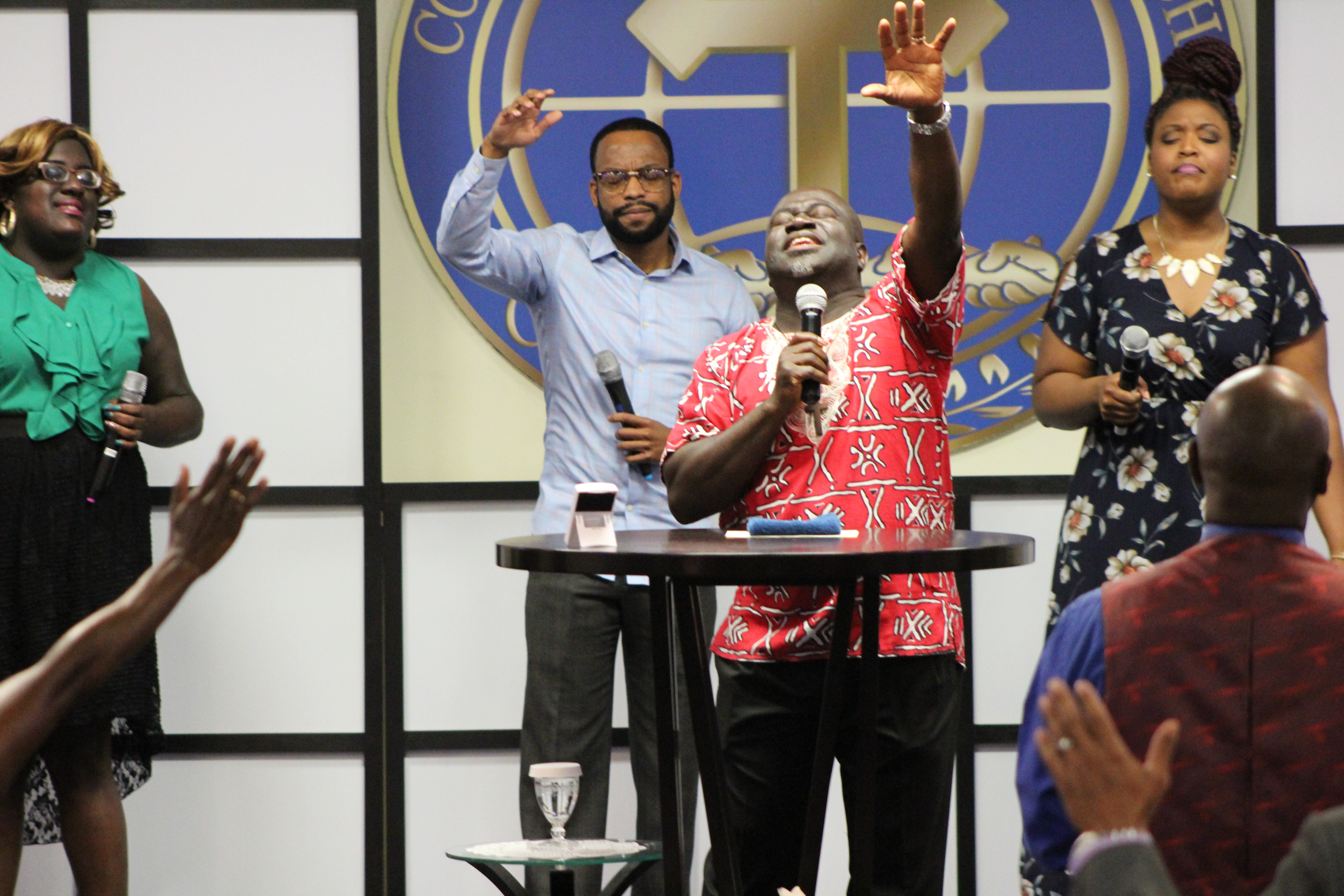The gospels according to Matthew and Luke inform us that Jesus the Christ was born in a small town called Bethlehem. He was born of a virgin named Mary after the Holy Spirit impregnated her. This miracle impregnation and subsequent natural, human birth establish the truth that Jesus Christ was all man and all God simultaneously and congruently. Jesus is called the Son of God (John 5:25) as well as the Son of Man (John 5:27). Both are completely true.
Christianity itself is built on the foundation that Jesus Christ was and is fully God. Scripture supports this. John 1:1 states that, “the Word was God.” (Word refers to Jesus.) Titus 2:13 calls him, “our great God and Savior, Jesus Christ.” Jesus, himself, claimed his deity. He stated in John 10:30, “I and the Father are one.” Jesus is known in theology as the second member or “person” of the Trinity or Godhead.
One of the most comprehensive statements about the deity of Christ is found in Colossians 2:9 where Apostle Paul states, “In Christ all the fullness of the Deity lives in bodily form.” This powerful statement is supported by the acts of Christ during his ministry in Palestine. Jesus stated in Matthew 28:18, “All authority in heaven and on earth has been given to me.” Jesus demonstrated this power through many miracles. Healing the sick, cleansing lepers, raising the dead, these miracles were performed by Old Testament prophets so it would stand to reason that Jesus would be able to perform them as well. But what stood out was the control and authority Jesus possessed over nature; in particular was his authority over water.
The Jews remembered how God demonstrated His power in rescuing them from Egypt through controlling the water of the Red Sea (Exodus 14). And later God dried up the Jordan River for them as they concluded their 40-year pilgrimage (Joshua 3). Miracles with water held special significance for them. Therefore, when Jesus turned water into wine (John 2), commanded the sea to be at peace (Mark 4), and when he walked on the stormy waters (Matthew 14) he demonstrated a power unmatched by anyone in history.
In John 8:58 Jesus claims, “Before Abraham was born, I am.” This speaks to the “preexistence” of Christ. He was with God, one with God, during creation. John chapter one gives great commentary to this fact. The birth and life of Jesus was the fulfillment of many Messianic prophecies, including his place of birth (Micah 5:2), his ancestry (Genesis 18:18; Numbers 24:17; Isaiah 9:7), his ministry in Galilee (Isaiah 9:1-2), his rejection by the Jews (Isaiah 53:3), his being betrayed for 30 pieces of silver (Zechariah 11:12), his being smitten and spat upon (Isaiah 50:6), his vicarious suffering for us (Isaiah 53:4-5), his crucifixion with sinners (Psalm 22:16; Isaiah 53:12), and his resurrection from the dead (Psalm 16:10).
Yet Jesus was fully human. He had a body (which was crucified—see Mark 15:25), soul (which was overwhelmed at one point—see Mark 14:34) and spirit (which he committed back to God the Father—see Luke 23:46) and shared our physical and emotional experiences. Jesus got hungry and thirsty. He got weary from traveling. He needed sleep and refreshment. He was angry with those who defiled his Father’s house. He wept at the death of a loved one. He was troubled within as he faced the cross. Apostle Paul stated that Jesus was, “tempted in every way, just as we are.” (Heb. 4:15) The abundant evidence supporting the humanity of Christ is important in validating Apostle Paul’s claim that Christ was tempted. His humanity is necessary in order for him to be our example.
The humanity and deity of Christ can be a profound subject. But a statement by Athanasius puts it pretty plainly. “He became what He was not; He continued to be what He was.”

